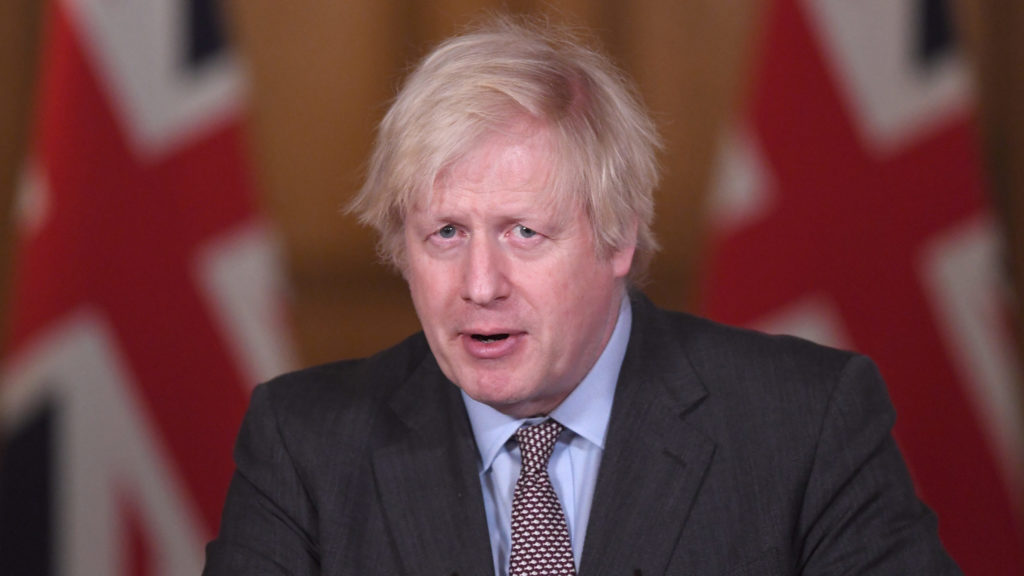
South Africa’s decision to pause a mass rollout of the Oxford/AstraZeneca Covid-19 vaccine after a study showed it offered reduced protection from the South African variant is “just a temporary delay” and includes a new rollout strategy, the head of South Africa’s Covid-19 advisory committee said Monday.
“This is just a temporarily delay, but the way in which we’re going to roll it out is going to be different in that we’re taking a two-step approach,” epidemiologist Salim Abdool Karim told told the Times Radio.
During a briefing on Sunday, Karim said that “if the vaccine shows not to be effective in reducing hospitalizations then we would need to offer those individuals another effective vaccine – either a booster of that vaccine … or to give them another vaccine. So we can still proceed with our rollout but we need to do it… wisely by taking a stepped approach.”
He stressed the reason for this approach is because “we don’t really know the answer on severe disease.”
Early data released Sunday suggests two doses of the Oxford/AstraZeneca Covid-19 vaccine provided only “minimal protection” against mild and moderate Covid-19 from the variant first identified in South Africa.
Viral neutralization against variant, called B.1.351, was “substantially reduced” when compared to the earlier coronavirus strain, the University of Oxford said in a news release. The vaccine’s efficacy against severe Covid-19, hospitalization and death were not assessed.
Karim further explained on Monday that South Africa will only carry out a mass rollout of the vaccine once they are “confident” that it reduces hospitalization in 100,000 individuals infected with the variant first identified in the country.
The first step is to vaccinate probably around 100,000 individuals, and then to assess what the hospitalization rates are. And once we’re confident that the hospitalization rates are low with the AstraZeneca vaccine, then we proceed to rolling out the remaining million doses that we have,” Karim said.
“If it turns out that the hospitalization rates are not as low as we would like, then of course we would stop and not roll out any further AstraZeneca — so that’s the plan.”
South Africa’s vaccination program has been delayed by about two to three weeks, Karim added, saying that’s how long they expect it will take for the Johnson & Johnson vaccine to arrive in the country.
“With every vaccine that we are going to roll out, we can think of it as a two-step process — it’s a stepped introduction of each vaccine,” Karim explained.
However, the country is also contending with its current million doses of the Oxford/AstraZeneca vaccine expiring in April.
The vaccine should have a six month expiry date, a Department of Health official said at a briefing Sunday — when the pause was announced — but the Oxford/AstraZeneca doses that South Africa received earlier this month from the Serum Institute of India “came through with an expiry date of April which we only identified on arrival.”
Dr. Anban Pillay from the Department of Health said that the department is awaiting a response after asking the Serum Institute “for an extension on the date, if that’s possible, or an exchange of the stocks.”
During the Sunday briefing, South Africa’s Health Minister Dr. Zweli Mkhize said that for the next four weeks, the Johnson & Johnson and Pfizer/BioNTech Covid-19 vaccines will be available to health workers and that they would look into the Oxford/AstraZeneca expiry date issue, saying that there should be “no wastage.”
You may also like
-
UK coronavirus variant has been reported in 86 countries, WHO says
-
NASA technology can help save whale sharks says Australian marine biologist and ECOCEAN founder, Brad Norman
-
California Twentynine Palms: Explosives are missing from the nation’s largest Marine Corps base and an investigation is underway
-
Trump unhappy with his impeachment attorney’s performance, sources say
-
Lunar New Year 2021: Ushering in the Year of the Ox

